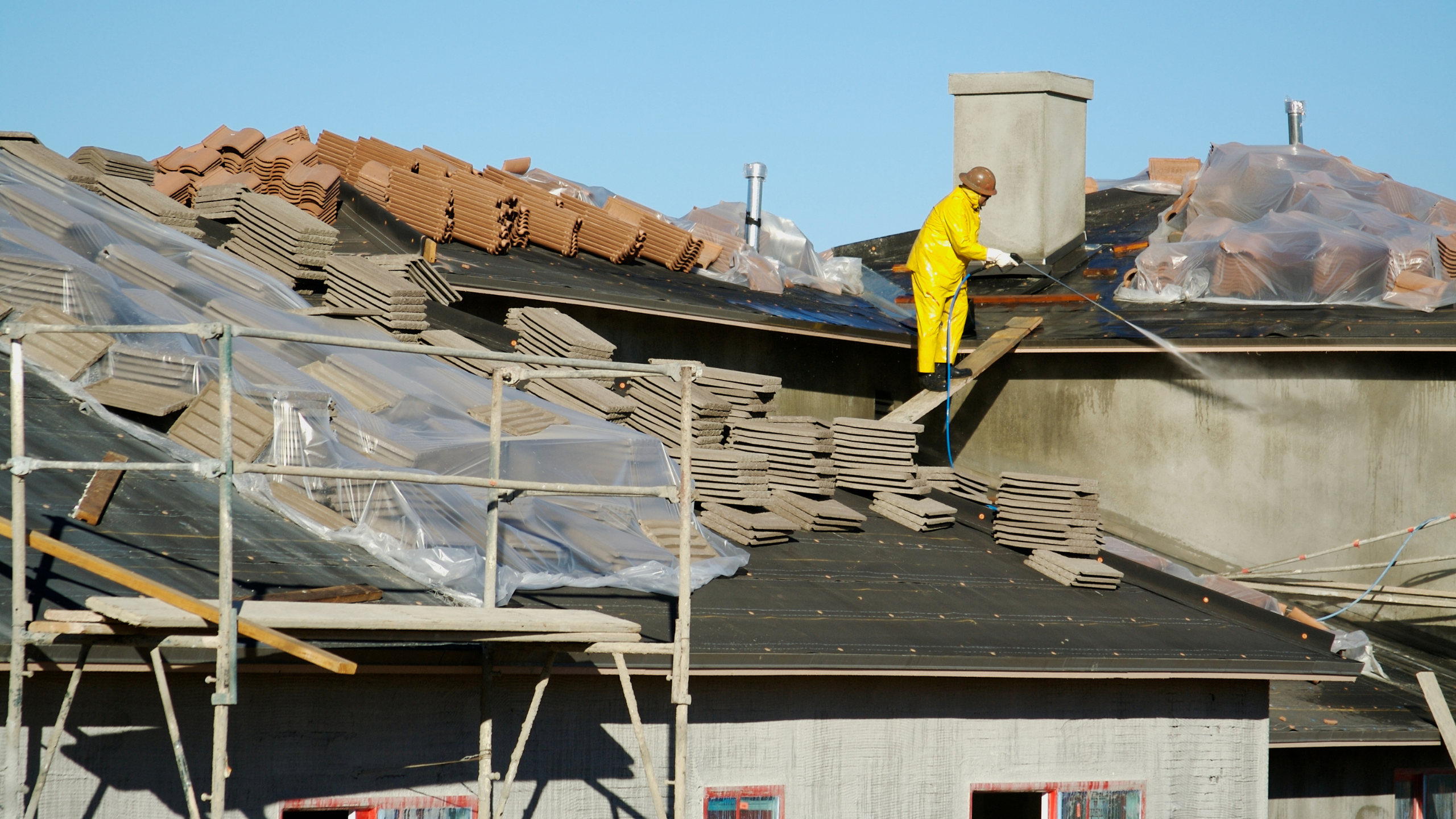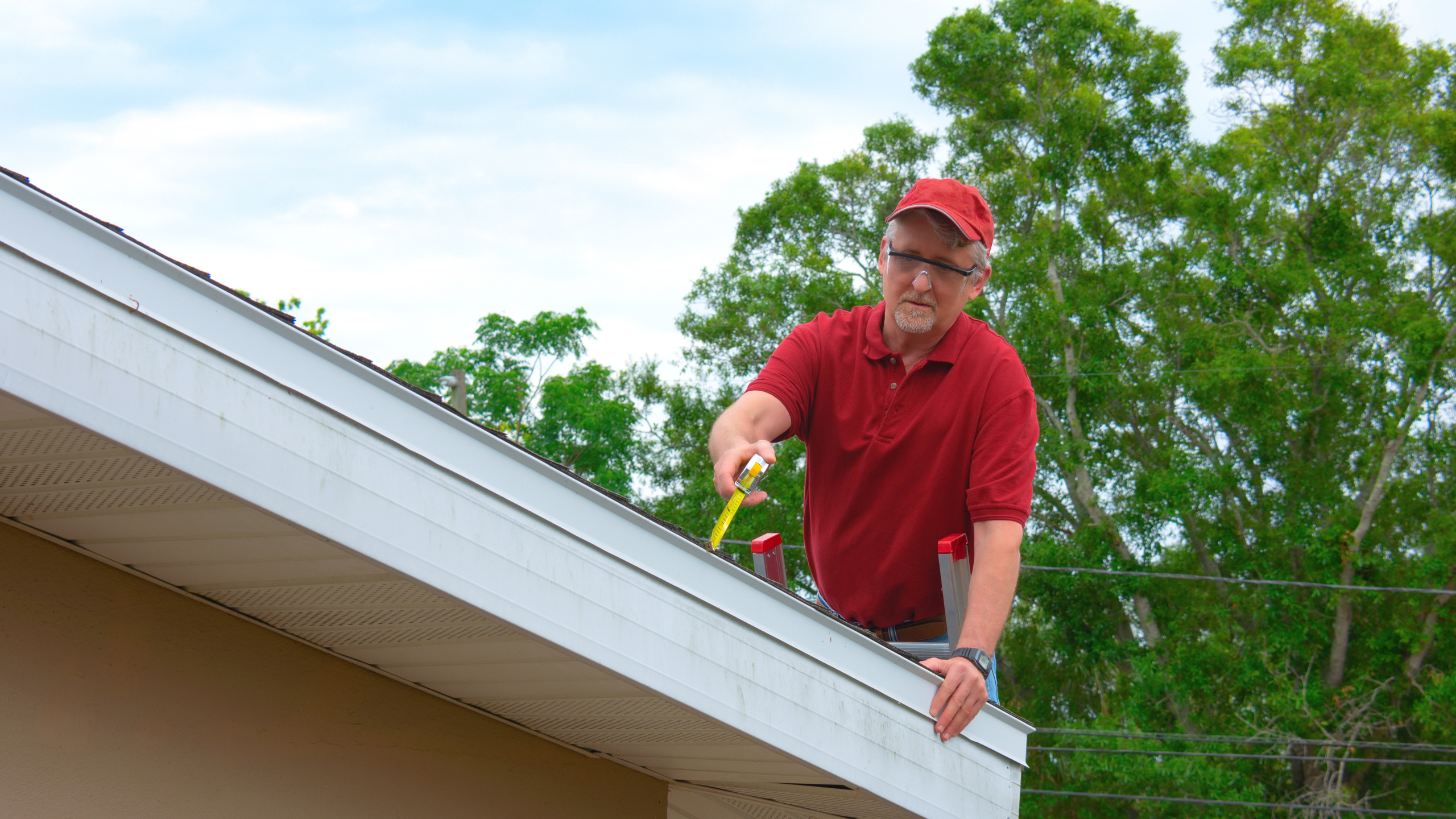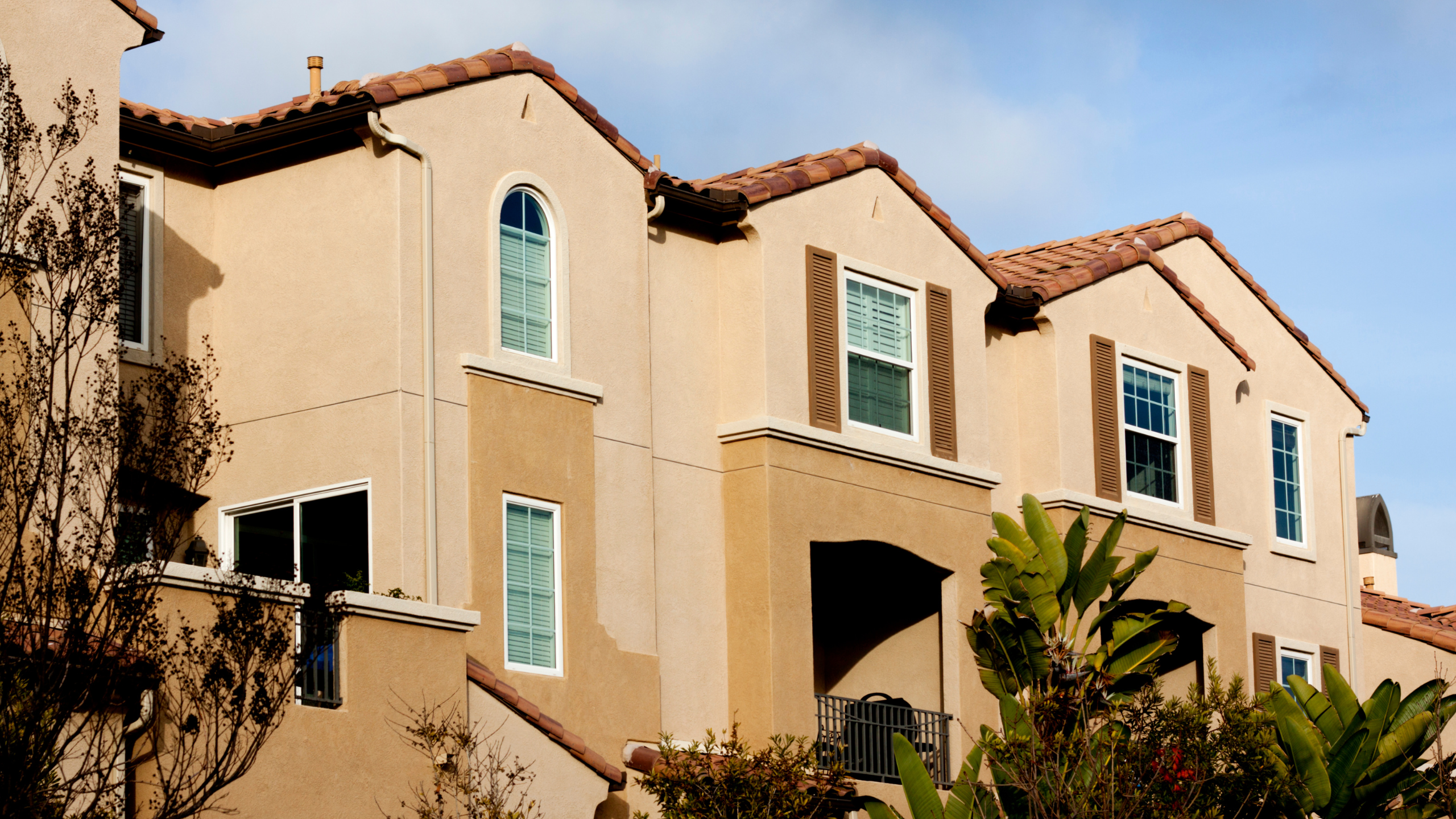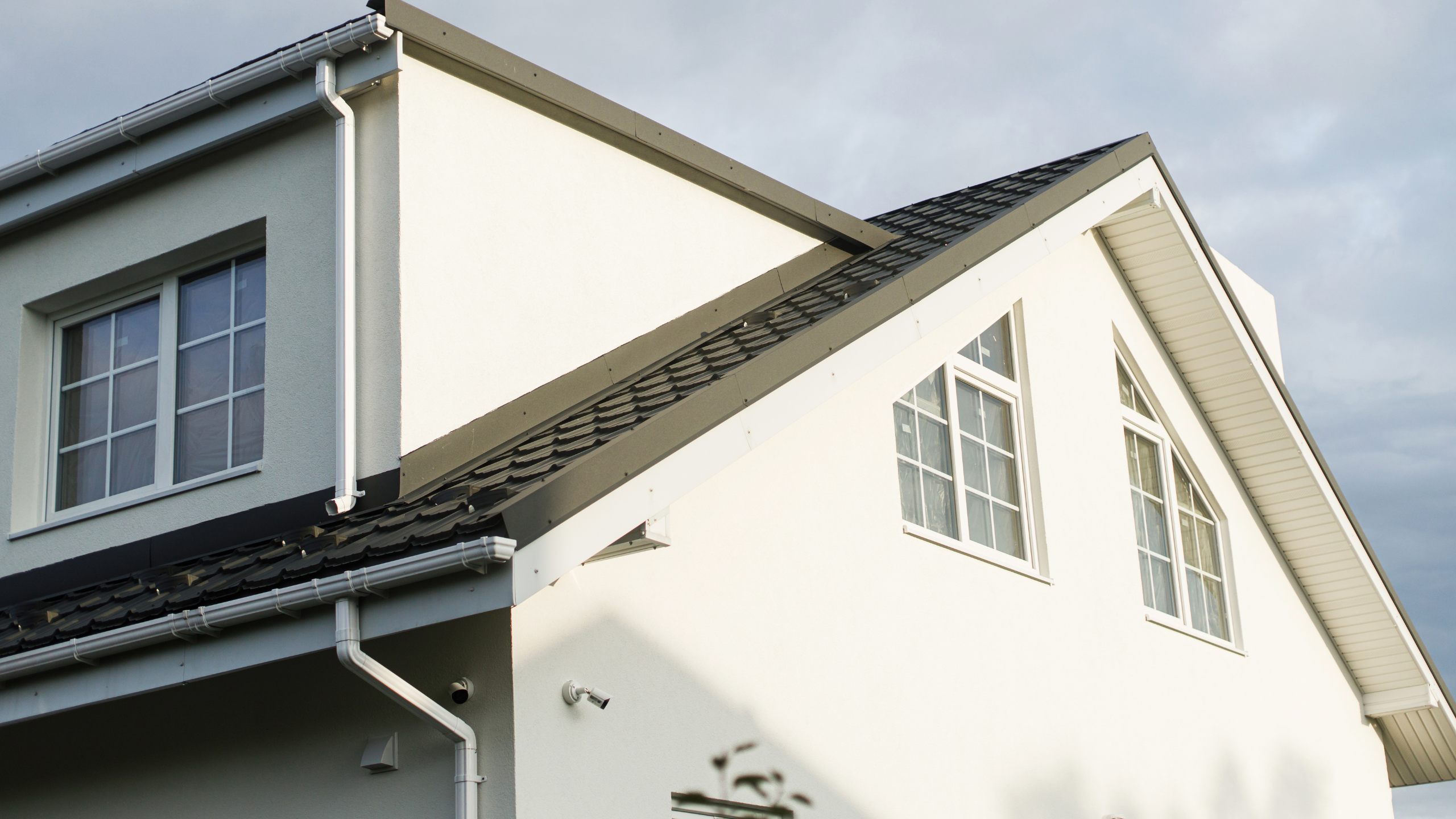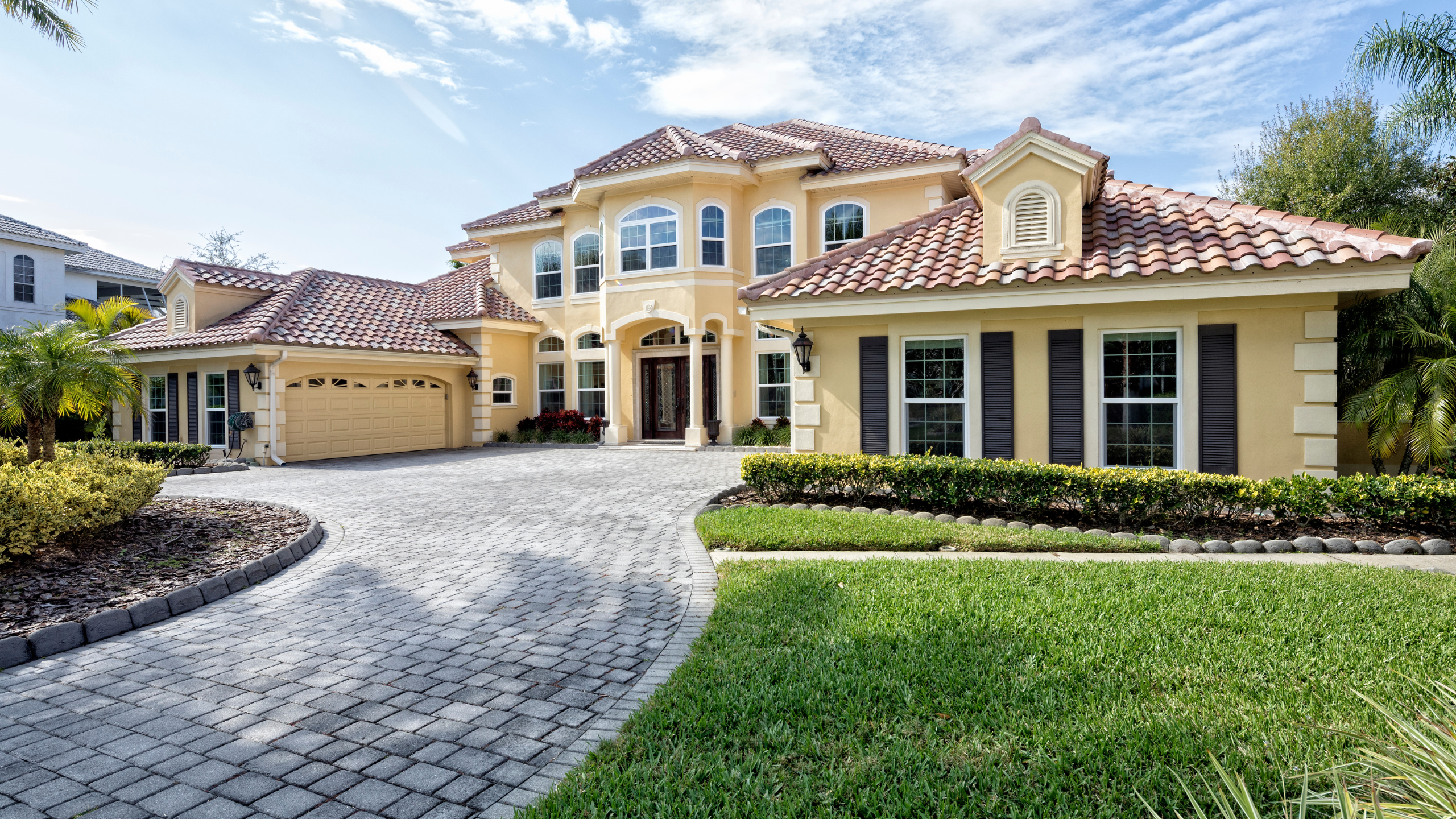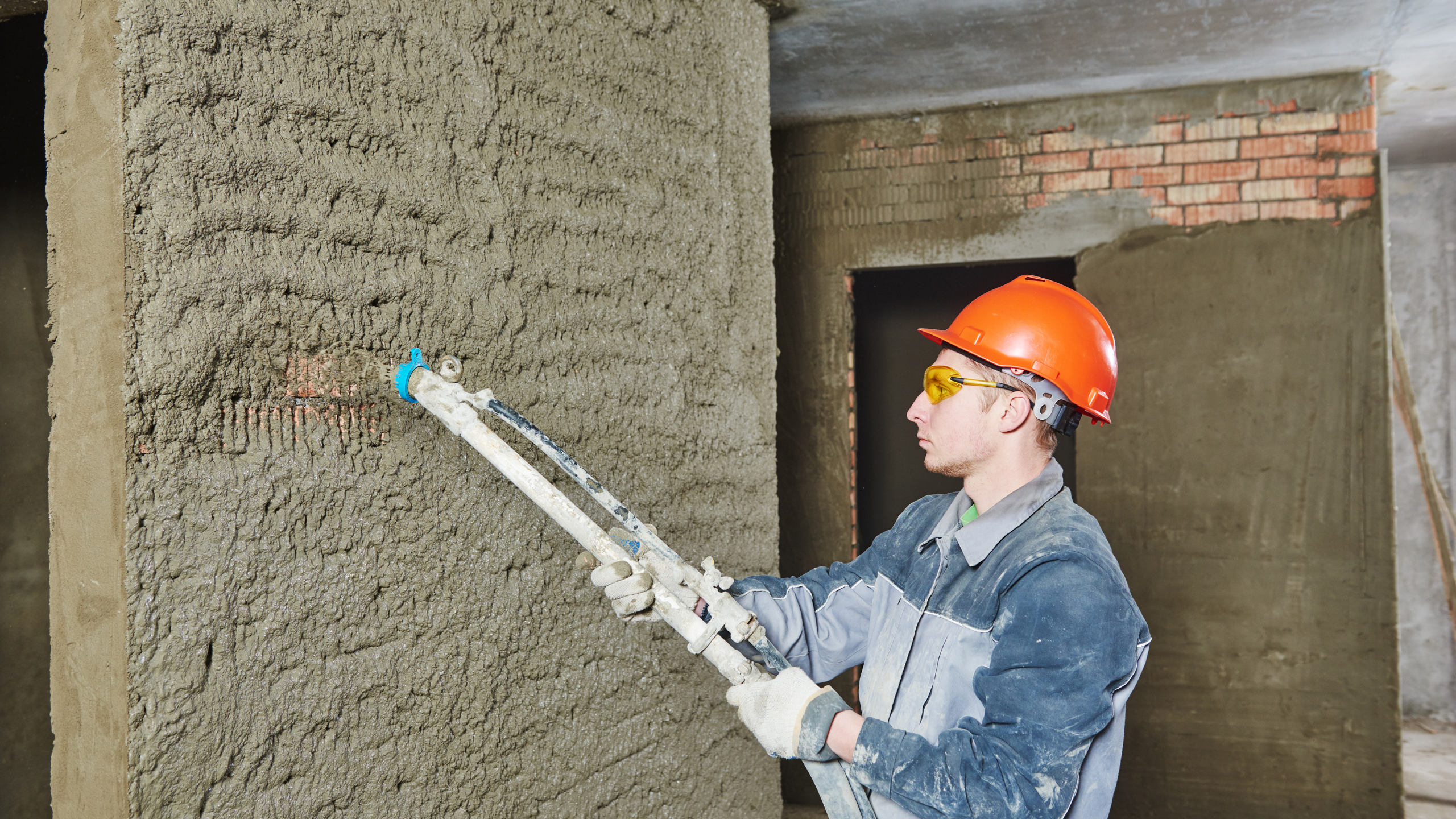Stucco is a popular choice for the outside of homes because it looks good and lasts a long time. But to keep it looking good and strong, you need to take care of it regularly. Our guide gives you all the information you need to know about checking and fixing stucco. It’s full of helpful tips to help homeowners protect their investments. Whether you’re spotting common problems or fixing them up, our guide is here to help you keep your stucco home looking great and staying strong for a long time.
At Edison Stucco Contractor, our expertise spans a diverse spectrum of stucco and construction services catering to the unique requirements of both commercial and residential buildings in Edison, NJ. Trust us to navigate you through the selection process, ensuring the perfect system and options for your property. We eagerly anticipate the opportunity to collaborate with you!
What is Stucco Repair?
Before you start inspecting stucco, it’s crucial to understand how to fix it. Stucco repair means fixing any problems or damage to the surface that could weaken it or make it look bad. This usually involves filling cracks, holes, and fixing areas where it’s worn away or chipped. These repairs are really important because they stop water from getting in and causing more damage. By fixing stucco problems early, you can make sure your home stays strong and looks good for a long time. Plus, it helps protect the value of your property.
How to Inspect a Stucco House?
Inspecting a stucco residence requires meticulous attention to detail and familiarity with prevalent issues affecting stucco exteriors. Below, we outline a systematic approach to conducting a comprehensive stucco inspection:
1. Visual Inspection: Begin by carefully scanning the stucco surface for signs of wear and tear, such as cracks, holes, or areas of chipping. These flaws not only diminish visual appeal but can additionally act as moisture entrance sites, potentially leading to further deterioration if left unaddressed.
2. Moisture Assessment: Conduct a thorough evaluation for discoloration, staining, or efflorescence (white, powdery deposits), as these may indicate underlying issues with water intrusion or inadequate drainage.
3. Focus on Vulnerable Areas: Pay special attention to vulnerable spots around windows, doors, and other openings, which are prone to cracks and damage due to temperature variations. Diligent inspection of these areas can help identify potential issues early on.
4. Professional Evaluation: If significant damage is found or if you’re unsure about the extent of the problem, it’s advisable to seek the expertise of a professional stucco inspector. A qualified inspector can conduct a comprehensive evaluation, accurately assess the situation, and recommend appropriate repair methods tailored to your needs.
Importance of Stucco Inspections
Before you start inspecting stucco, it’s crucial to understand how to fix it. Stucco repair means fixing any problems or damage to the surface that could weaken it or make it look bad. This usually involves filling cracks, holes, and fixing areas where it’s worn away or chipped. These repairs are really important because they stop water from getting in and causing more damage. By fixing stucco problems early, you can make sure your home stays strong and looks good for a long time. Plus, it helps protect the value of your property.
Types of Stucco Inspections
Stucco inspections encompass various approaches tailored to different concerns and levels of scrutiny. Understanding these inspections is essential for effective stucco maintenance:
- Routine Inspections: These regular examinations, conducted annually or biannually, involve a comprehensive visual assessment to detect signs of damage or deterioration. Routine inspections allow homeowners to stay ahead of potential issues and intervene promptly to prevent minor problems from escalating.
- Specialized Inspections: In certain situations, such as suspected moisture intrusion or structural concerns, specialized inspections are necessary. These assessments delve deeper into specific areas of concern, requiring advanced techniques and expertise to identify hidden issues accurately.
Hiring a Professional Stucco Inspector
While homeowners can conduct visual inspections independently, hiring a professional stucco at Edison Stucco Contractor inspector offers numerous benefits. With specialized expertise and tools, a qualified inspector can uncover hidden issues and provide precise recommendations for repairs or maintenance based on their thorough assessment.
Conclusion
Stucco inspection and repair are pivotal responsibilities for homeowners with stucco exteriors. Through consistent inspections and swift resolution of issues, homeowners safeguard their investments and maintain the enduring elegance and strength of their stucco-clad homes. Vigilance in stucco maintenance is key, as addressing minor repairs promptly can prevent significant challenges in the future, ensuring the long-term resilience and appeal of your home.

